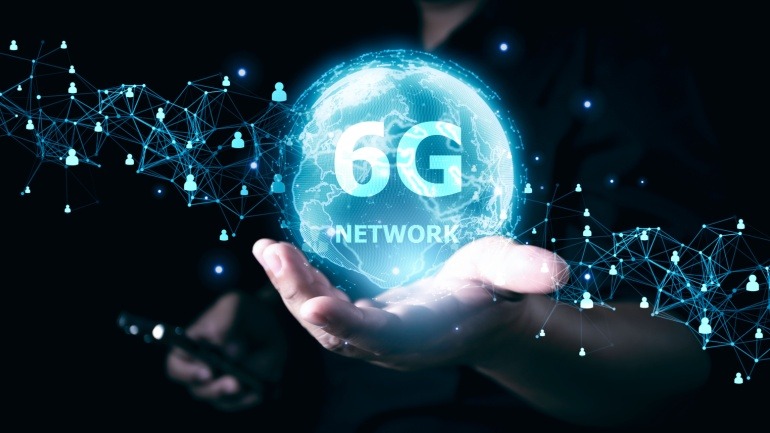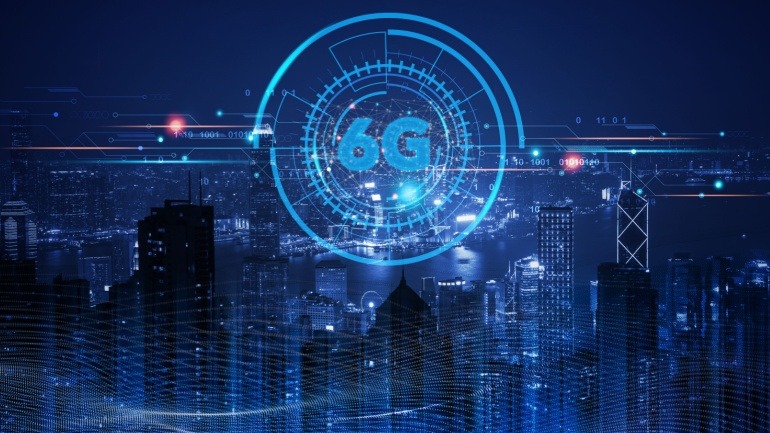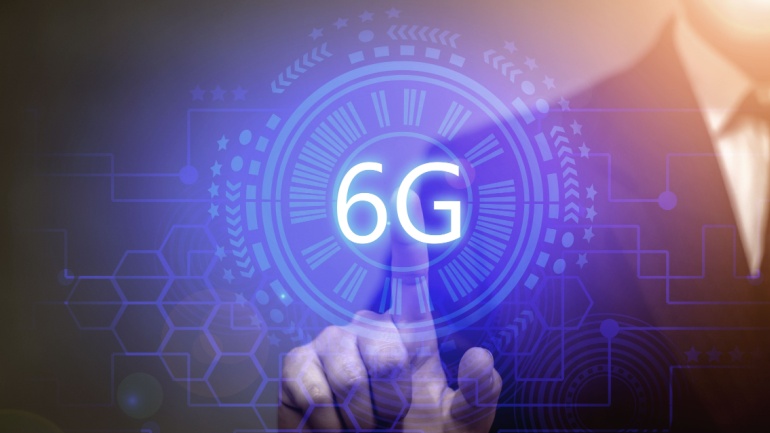Keysight Technologies and the University of Malaga have launched the Malaga 6G Research and Innovation Lab to advance 6G technology. This facility will foster collaboration across industry and academia, focusing on areas like AI-enhanced network performance, digital twins, and secure, scalable architectures.
The European Telecommunications Standards Institute (ETSI) has formed a new Industry Specification Group to explore 6G, focusing on Multiple Access Techniques (MAT). This initiative will improve transmission efficiency, spectrum utilization, and power efficiency, enhancing wireless networks.
Emirati telco e& partners with New York University Abu Dhabi to propel 6G tech forward. This collaboration bridges academia and industry, empowering students with insights and hands-on experience in emerging technologies like 6G.
Japanese telecom giant NTT Docomo, alongside global partners, has demonstrated AI-powered enhancements for 6G, achieving an 18% boost in communication efficiency. This breakthrough uses AI to optimize modulation and channel estimation, enabling faster, smarter networks.
In the race towards innovative technology, LG Uplus in Korea leads with energy-efficient solutions for future 6G networks. By testing an All-Photonic Transport Network with partners like Infinera, they aim to drastically reduce power consumption, ensuring a sustainable approach.
NTT Docomo’s 6G Harmonized Intelligence Project envisions an AI-driven network revolutionizing telecommunications beyond 5G. By focusing on sustainability, efficiency, and enhanced user experience, this initiative aims to unlock new paradigms for AI and robots, ensuring seamless communication.
SoftBank and Nokia have partnered to research cutting-edge communication technologies, focusing on AI-RAN and 6G innovations. By leveraging Nokia’s Cloud RAN and conducting field tests, they aim to transform digital society. This collaboration underscores the critical role of AI in telecommunication, promising scalable and reliable communication networks essential for smart cities.
Chinese telecom engineers claim to have built the world’s first 6G field test network, as reported by China Daily. This experimental network demonstrates advancements in communication capacity and efficiency, leveraging existing 4G infrastructure. China aims to commercialize 6G by 2030, aspiring to set technology standards by 2025.
Ericsson and King Abdullah University of Science & Technology (KAUST) have extended their research partnership for two more years, focusing on cutting-edge telecommunications technologies like 5G, 6G, and on-chip reflective intelligent surfaces. This collaboration promises to drive innovations and enhance the future of global connectivity, aligning with Saudi Arabia’s Vision 2030.
Korean carrier SK Telecom and Singaporean firm Singtel signed an MoU to develop next-gen telecom networks, focusing on AI and network virtualization. The collaboration aims to create foundational technologies for 6G systems, improve edge-AI infrastructure, and enhance 5G capabilities.













